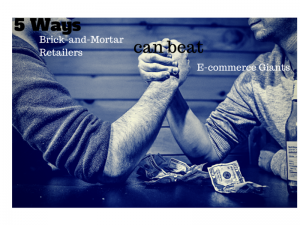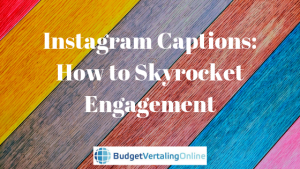— April 9, 2019
Last time we looked at why marketing needs to pull the employee journey into the customer journey mapping process, and this week I’d like to wind that back to one other miserable process that could use a bit of marketing help.
That’s right, it’s the candidate experience. If you have looked for a job any time in the past ten years or so, you have probably had your share of terrible experiences.

And I’m not talking about horrific interviews by unprepared managers, and ridiculous screenings from Bethany, I’m talking about the much more mundane reality of the application experience itself.
Let me ask you this: If you had to grab your phone and go to your company’s website and transact some sort of business – like a purchase or a request for a callback, how long would that take? If your marketing department has been on its toes, likely a couple of minutes, plus time to fight with autocorrect. Heck, maybe you even have a helpful chatbot to cut that time in half.
Now go apply for a job on your company’s website using your phone. Could you do that in five minutes? What about ten minutes? According to Newton Software, the average online application takes 13 minutes to complete, thanks to an average of more than 60 screening questions. This is probably why 57% of experienced applicants will simply not apply if the whole thing is taking more than 15 minutes, and companies with more than 45 screening questions lose 89% of their applicants during the process.
In addition to actively preventing qualified people from entering your workforce, complex, clunky, not-very-smart application systems really piss people off, which is not great news for your brand.
And I’m not buying the excuse that since your competitors are using crappy software and have a lousy careers page, you can too. The truth is your competition, when it comes to applicant experience, is not the company up the road, but the Starbucks in the lobby.
Consumers, which is what applicants are, don’t use recruiting benchmarks to assess their experience, they use Amazon (by the way it takes 9 minutes to apply for a job at Amazon), or Netflix (1 minute) or Apple (5 minutes) as their benchmarks.
Beyond simple transactions, these brands and others also set a high bar in terms of transparency: how is it possible I know where my new sweater is, at every stage of its journey to me, but after three weeks I don’t know whether anyone has looked at my job application?
They also excel at customer service. If we can correctly and efficiently direct customers to the right spots for help with our products, why can’t we do likewise for candidates?
I’ve long argued that marketing needs to own the customer experience, and I’m thinking we need now to be very much involved in applying the same technology, process and people lessons to the messy business of candidate experiences.
If you still can’t quite justify throwing some resources at this one, let me remind you that poor candidate experiences are mucking up your brand no end. A Talent Board study shows us that forty-one percent of people who have a poor recruiting experience will not do business with your brand. I’m betting this is a bit higher in B2B Land, particularly where more senior roles are involved.
May I also suggest, that if we go a step further and integrate our candidate relationship management process with our customer relationship management processes, that we may find fuller funnels, faster sales cycles and better brand sentiment, even among the folks we don’t end up hiring.
If we treated our prospective customers as shabbily as we treat our prospective employees, we would be out of business in a week. Marketing needs to go fix that.
Business & Finance Articles on Business 2 Community
(22)





